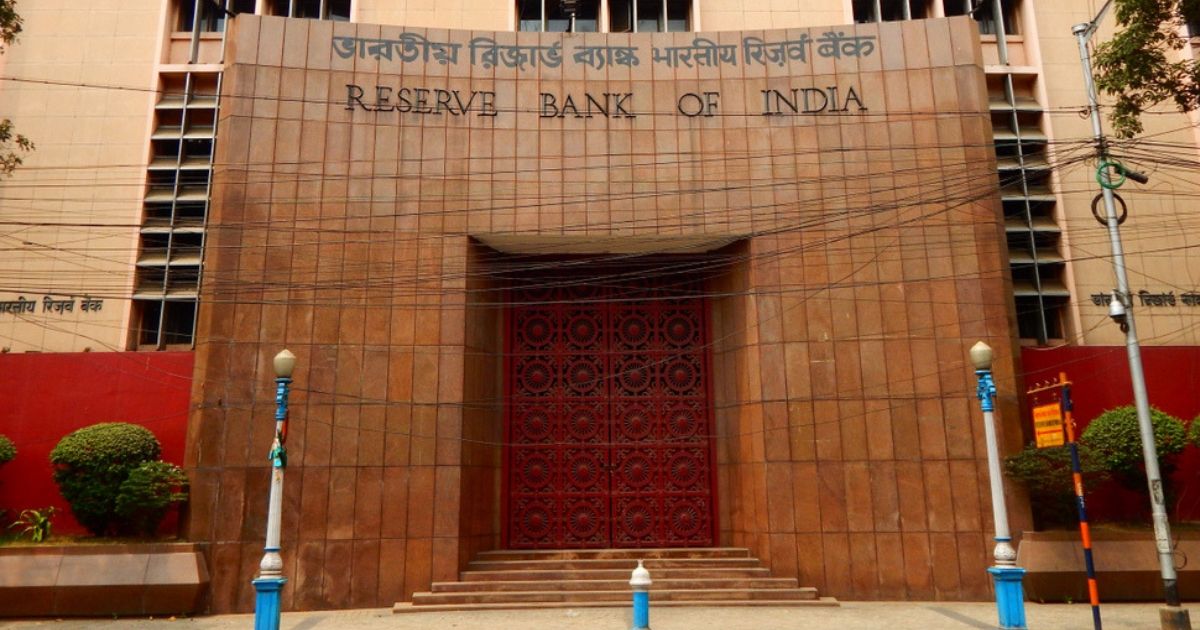The petitioner’s loan was in default since 01.01.2020. As per the RBI’s classification guidelines, the account of the petitioner would be classified as “Special Mention-1 Account (SMA-1)” within 30 days of default and as “Special Mention-2 Account (SMA-2) after 60 days. Accordingly, the petitioner’s account was classified as an NPA on 31.03.2020. The petitioner challenged the classification referring to the RBI Advisory issued amid the COVID-19 lockdown. Yes Bank contended that the moratorium is applicable only to instalments due after 01.03.2020. Adding that the moratorium does not apply to defaulters who were servicing their accounts till 01.03.2020.
However, the Court held the moratorium to be applicable even to loans already on default as on 01.03.2020. While rejecting the contention, the Court observed, “the intention of the RBI is to maintain status quo with regard to the classification of accounts of the borrowers as they existed as on 01.03.2020”. The verdict comes in as a relief to companies that have missed a few instalments. Such companies can still avail the benefits of the moratorium. However, the interests and penal charges will continue to accrue during the moratorium. The HC has clarified that the classification will change automatically as per the IRAC guidelines after the moratorium ends.

